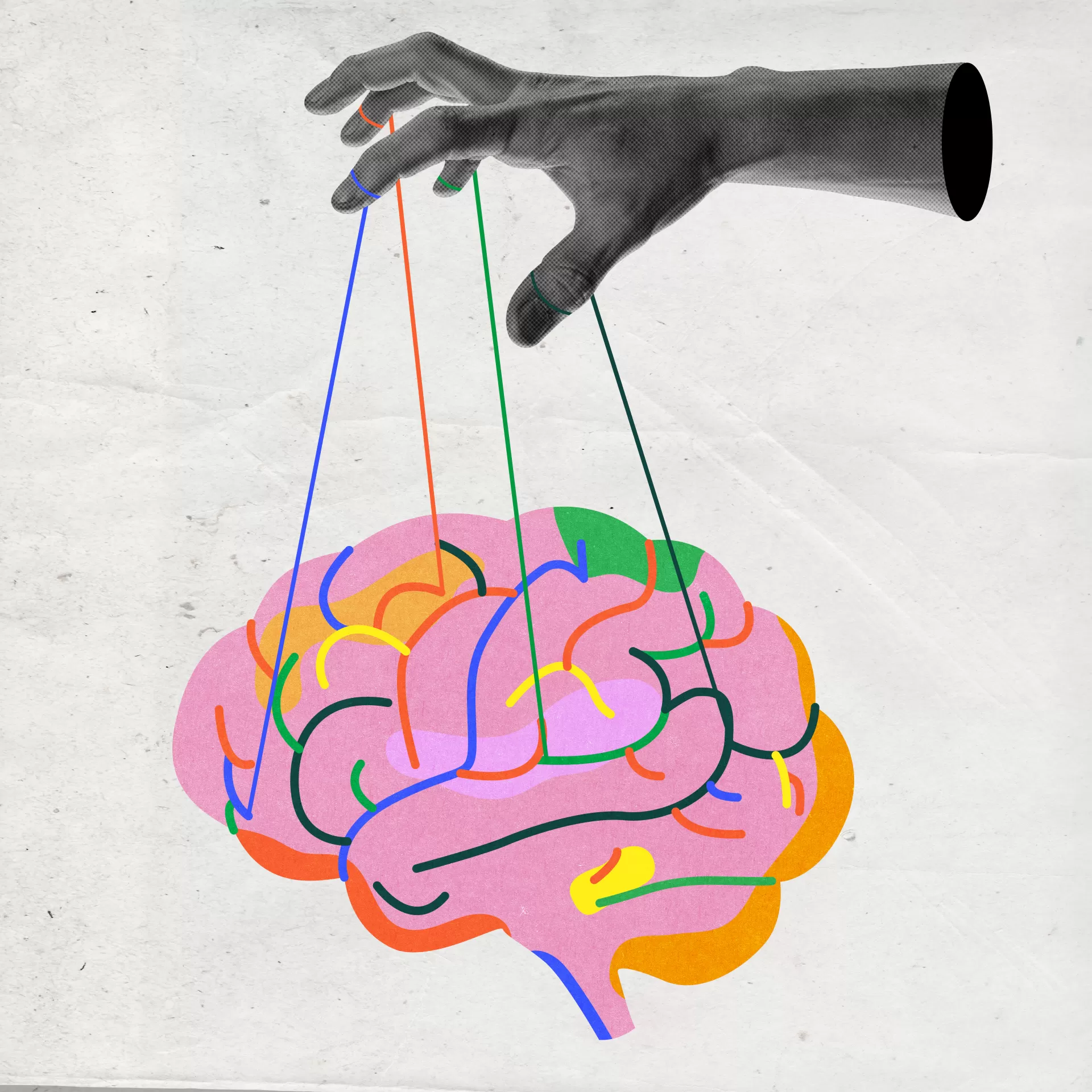
Next sandpit event on the future of work
The third sandpit event funded by Wübben Stiftung Wissenschaft in the social sciences will explore responsible ways of using brain-computer interfaces (BCIs) in the work environment. A brain-computer interface connects the human brain to a machine – either through non-invasive methods such as electroencephalography (EEG) or via implanted electrodes. How can these innovations in neurotechnology be reconciled with ethical standards, fairness, and social inclusion? This is the question that experts from engineering, ethics, labor law, medicine, trade unions, and industry hope to answer in the sandpit setting.
In some sectors, BCIs are already a reality. More than 10,000 truck drivers in mining areas worldwide, including in Mexico, Australia, and China, use BCIs every day to monitor their concentration and avoid serious accidents. Large tech corporations like Apple and Alphabet are currently developing devices that can be integrated into everyday products like headphones and headbands to measure and respond to attentiveness, stress, or mental exhaustion. The possibilities are endless: Adaptive assistance systems could take pressure off air traffic controllers. People suffering from paralysis could be better integrated into society. And companies could support neurodivergent workers by using BCIs to adapt their working environments to their individual requirements.
At the same time, the technology poses new risks: The potential for continuous monitoring, access to sensitive brain data, and manipulation of cognitive states raises far-reaching social, ethical, and legal questions. “It sounds like science fiction, but many businesses are already experimenting with this technology,” says the project spokesperson, Alexander Kies, a postdoctoral researcher in service and technology marketing at RWTH Aachen University. “The idea of our sandpit event is to ensure that these developments are used to support employees, and not to monitor them.”
At the start of the event, the participants will be given a chance to try out the technology with a BCI headset in order to create a shared experience base. They will then develop new research questions and projects, and strategies for securing third-party funding. The event is intended to produce concrete plans – from joint proposals and academic publications to prototypes for the responsible use of BCIs. “Whereas, in some countries, neurotechnology innovations are increasingly being shaped by private-sector interests and an uncertain regulatory landscape, this project consciously focuses on an evidence-driven approach,” says Peter-André Alt, WSW Management Board Spokesperson, explaining the funding decision.
Contact
Dr. Alexander Kies, Service and Technology Marketing (STM)
TIME Research Area, School of Business and Economics
RWTH Aachen University, kies@time.rwth-aachen.de
The three-day WSW sandpit format brings together participants in interdisciplinary constellations to work on pioneering research approaches.
More information
The Foundation
Wübben Stiftung Wissenschaft, a private grant-making foundation based in Berlin, strengthens Germany’s position as a science and research location by supporting outstanding academics at various career stages.